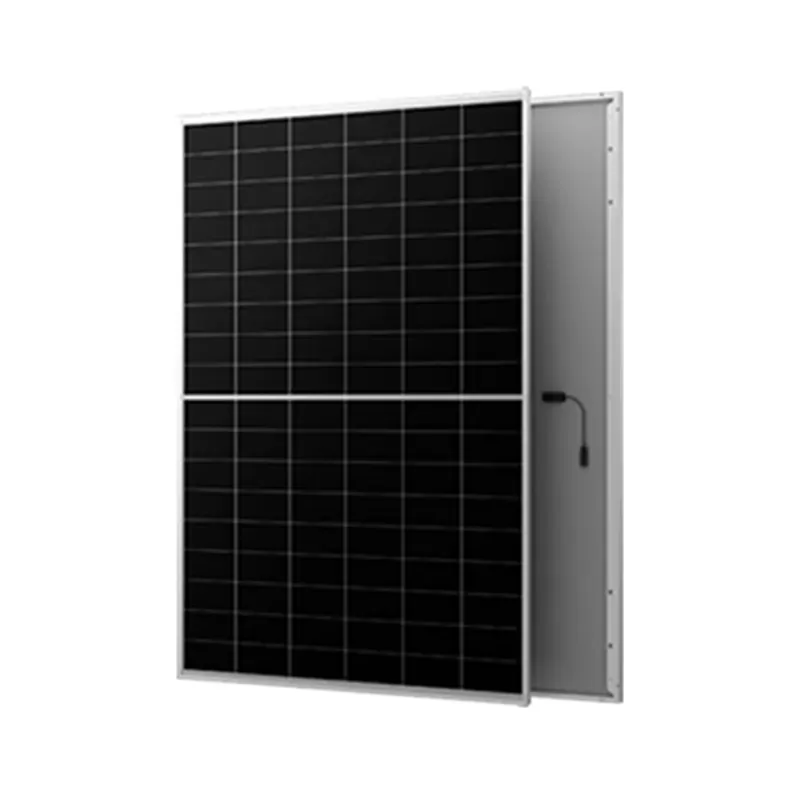Solar Panel Lifetime Efficiency - Maximize Your Solar Investment
The Lifetime Efficiency of Solar Panels Understanding Longevity and Performance
Solar panels have emerged as a cornerstone of renewable energy, providing a sustainable solution to our growing energy demands. As technology advances, an important aspect to consider is the lifetime efficiency of solar panels, which significantly influences the overall return on investment for homeowners and businesses alike.
The Lifetime Efficiency of Solar Panels Understanding Longevity and Performance
The average lifespan of solar panels is typically around 25 to 30 years. Manufacturers often offer warranties that guarantee a certain level of performance, frequently around 80% efficiency after 25 years. This means that while a solar panel may initially operate at peak efficiency, its ability to convert sunlight into energy gradually diminishes due to factors such as environmental conditions, material degradation, and technological wear and tear.
solar panel lifetime efficiency

Several factors influence the lifetime efficiency of solar panels. First and foremost, the quality of materials used in panel construction is crucial. Higher-quality panels, often made from monocrystalline silicon, will generally outperform lower-quality, polycrystalline options. Furthermore, the installation process must be executed with precision; poor installation can lead to module misalignment, shading, and other issues that diminish performance.
Climate also plays a pivotal role in the longevity of solar panels. Extreme temperatures, heavy snow, and intense hail can physically damage panels, leading to decreased efficiency. Conversely, solar panels installed in regions with moderate temperatures and optimal sunlight exposure typically experience less stress and maintain their efficiency longer.
Regular maintenance is essential for preserving the performance of solar panels throughout their lifespan. Cleaning the panels to remove dirt, debris, and snow buildup ensures that they can absorb sunlight effectively. Additionally, periodic inspections can help identify and rectify issues before they escalate, thereby extending the panels' productive life.
In summary, the lifetime efficiency of solar panels is a dynamic interplay between the quality of the technology, environmental factors, and maintenance practices. Understanding these elements will help consumers make informed decisions when investing in solar energy, ultimately leading to a more sustainable future. With careful selection and upkeep of solar panels, it’s possible to harness the sun's power effectively for decades to come.
-
Unlocking Energy Freedom with the Off Grid Solar InverterNewsJun.06,2025
-
Unlock More Solar Power with a High-Efficiency Bifacial Solar PanelNewsJun.06,2025
-
Power Your Future with High-Efficiency Monocrystalline Solar PanelsNewsJun.06,2025
-
Next-Gen Solar Power Starts with Micro Solar InvertersNewsJun.06,2025
-
Harnessing Peak Efficiency with the On Grid Solar InverterNewsJun.06,2025
-
Discover Unmatched Efficiency with the Latest String Solar InverterNewsJun.06,2025







